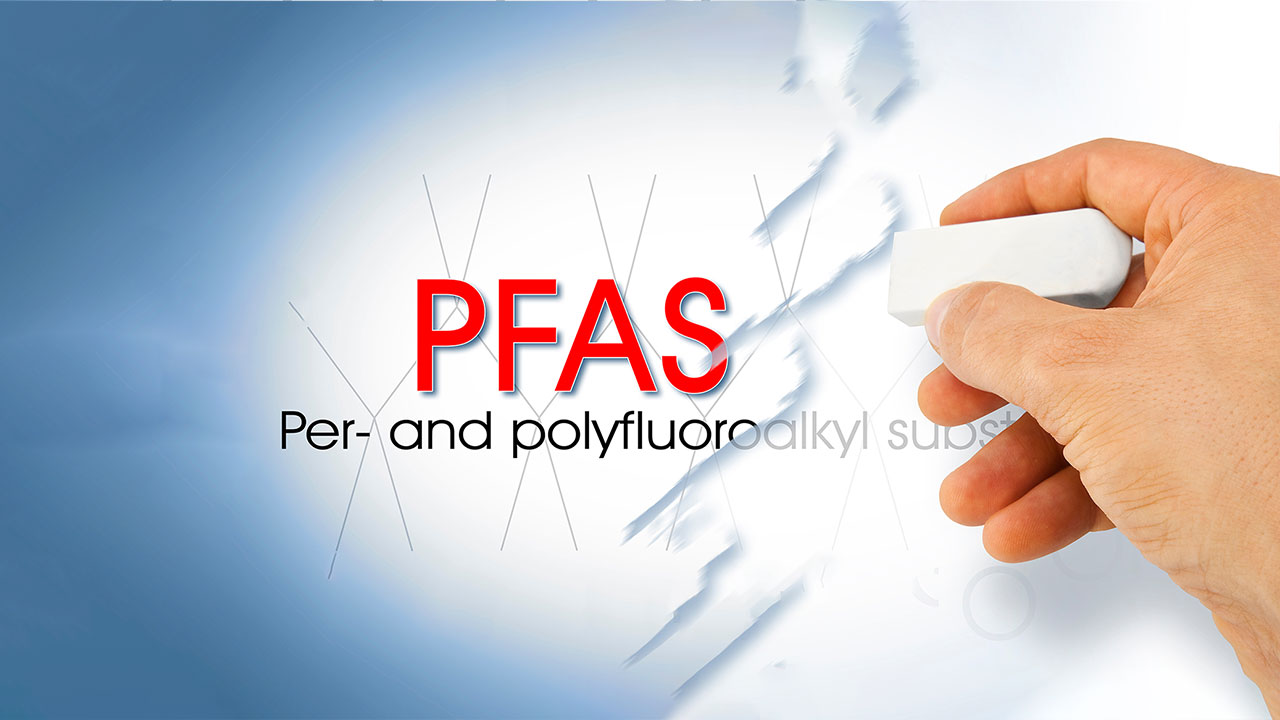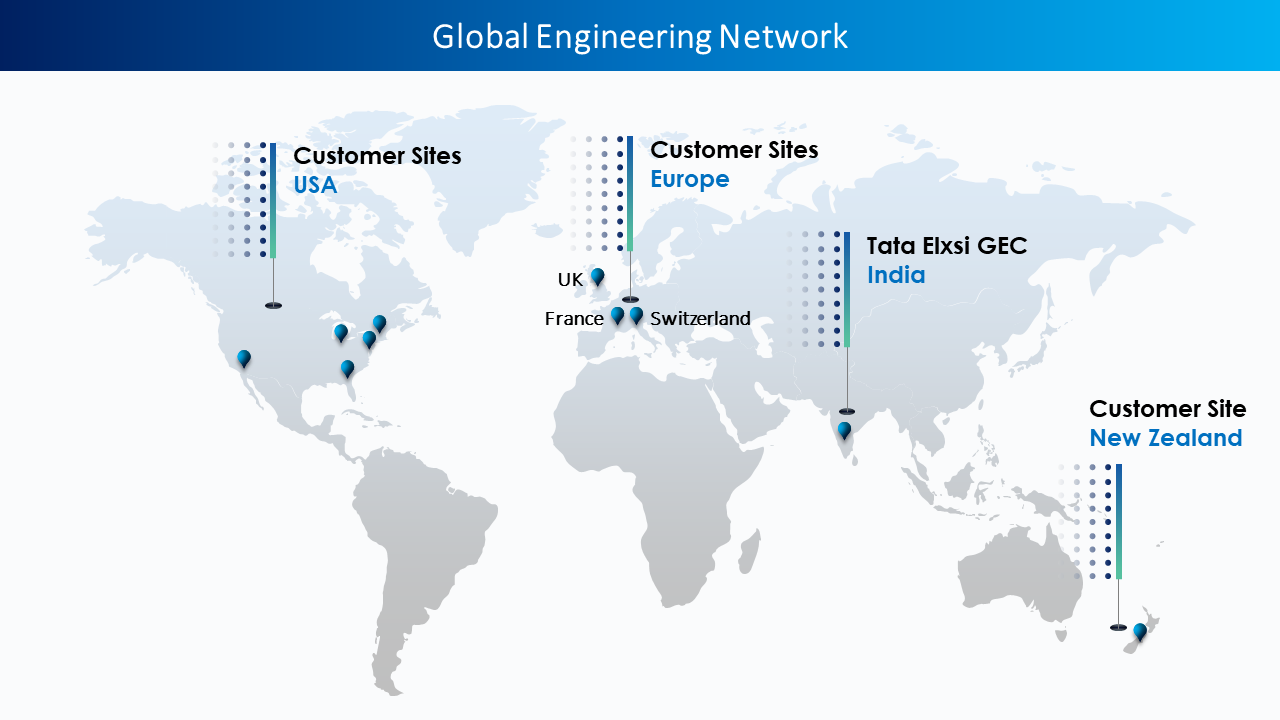Case Study
Maintaining Medical Device Integrity Amidst PFAS Regulations

No. of components evaluated
Reports generated for a centralized database using Gen AI
No. of suppliers coordinated & evaluated
Background
Our client is a US-headquartered global leader in medical technology, services, and solutions with a presence in over 150 countries and more than 350 locations. They specialize in various therapy areas such as Cardiovascular, Cardiac Rhythm, Digestive & Gastrointestinal, and Diabetes, to name a few.
In response to upcoming restrictions from the European Chemicals Agency (ECHA) and reporting requirements from the US Environmental Protection Agency (EPA) regarding PFAS usage in medical devices, the client intended to proactively adapt to ensure compliance while maintaining product continuity in the market.
Challenge
The increasing scrutiny of Per- and Polyfluoroalkyl Substances (PFAS) has become a critical issue in the medical device industry. There is a growing demand to evaluate the presence of PFAS in medical devices, driven by comprehensive proposals aiming to restrict the production, use, and availability of all PFAS globally.
The customer had multiple business units with many processes and systems across all manufacturing and vendor sites. The scale of their operations, coupled with the presence of many suppliers, complicates the task of assessing and identifying the presence of PFAS in their products. Relying only on material compliance documents or product testing data is insufficient.
Additionally, manufacturers' regulatory teams often lack the necessary resources for extensive data collection and analysis, necessitating robust supplier engagement and data management strategies.
Solution
- Established a cross-functional team across the organization to evaluate PFAS presence in medical devices across various sites. The team collaborates closely with suppliers to pinpoint PFAS in the supply chain, encompassing both finished goods and operations.
- Collected vast volumes of data, including safety data sheets, Bills of Materials (BOM), and other critical information, to establish a centralized database. Subsequently, analyzed the data to prioritize the impacted product portfolio and develop a roadmap for the subsequent steps.
- Assessing suppliers based on their PFAS phase-out strategies and generating PFAS impact assessment reports that evaluate regulatory and environmental impacts using automation and Gen AI-based solution.
- Closely monitoring PFAS-related regulatory changes to ensure to ensure seamless compliance and sustained market presence.
- Collaborating with testing laboratories to quantify PFAS, justifying product continuity in the market during derogation periods. Moreover, seeking information on alternatives and conducting characterization tests, outlining ideal alternative characteristics for PFAS and conducting feasibility testing of potential alternative materials.

Impact
- Achieved a 40% reduction in manual effort through automation, streamlining data collection and analysis processes.
- Implemented a Gen AI-based solution to automate screening of a vast number of documents, enhancing efficiency and accuracy in identifying PFAS presence across the supply chain.
- Developed a comprehensive 3-year and 5-year roadmap to mitigate PFAS impact, ensuring proactive adaptation to regulatory changes and long-term sustainability.
- Implemented robust monitoring mechanisms to track PFAS-related regulatory changes, enabling agile responses and ensuring sustained compliance and market presence.
Services rendered
Tata Elxsi
- Strategy and Planning
- Accelerated Implementation Approach for PFAS Program Management
- Supplier Co-ordination
- Identification of PFAS material in medical devices
- Data Review and Analysis
- Impact Analysis Report
- Identify Alternative for PFAS
- Intuitive Dashboard Creation



